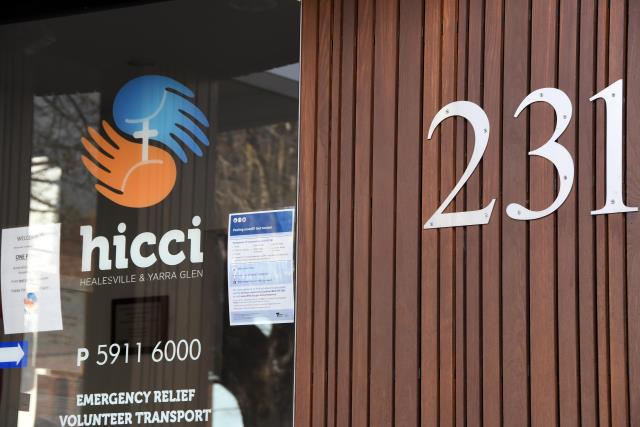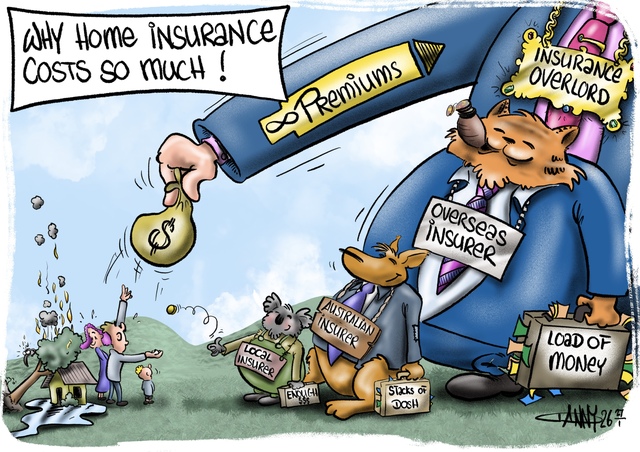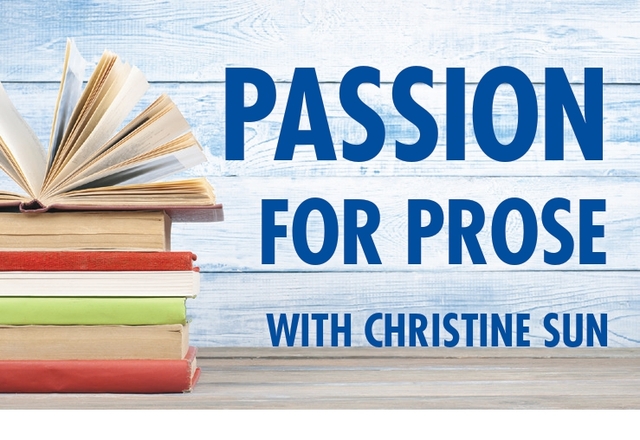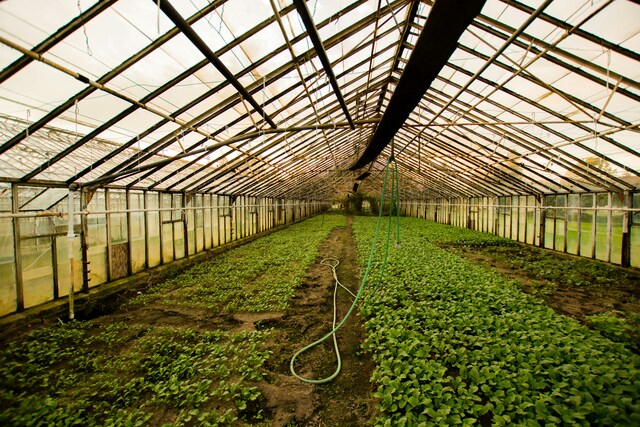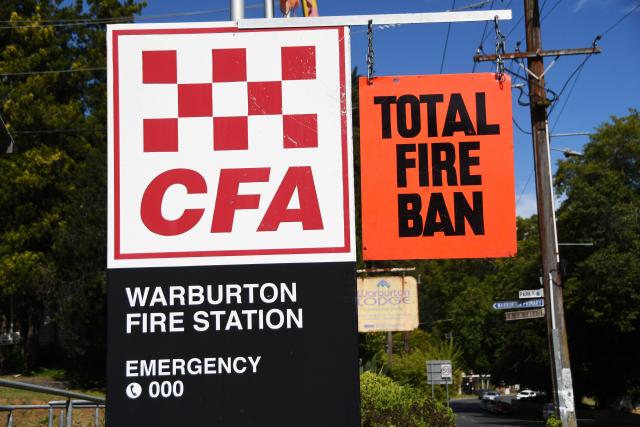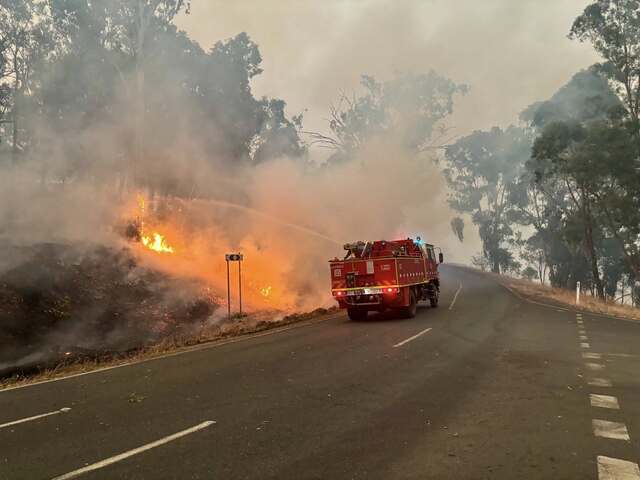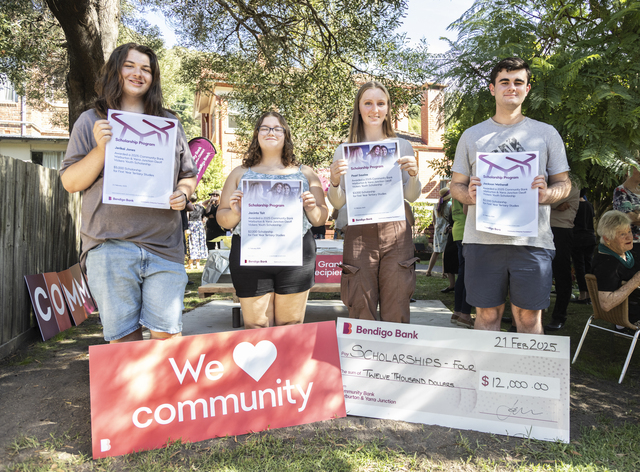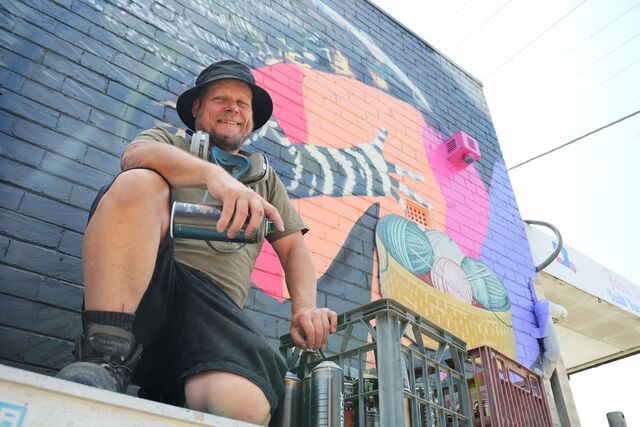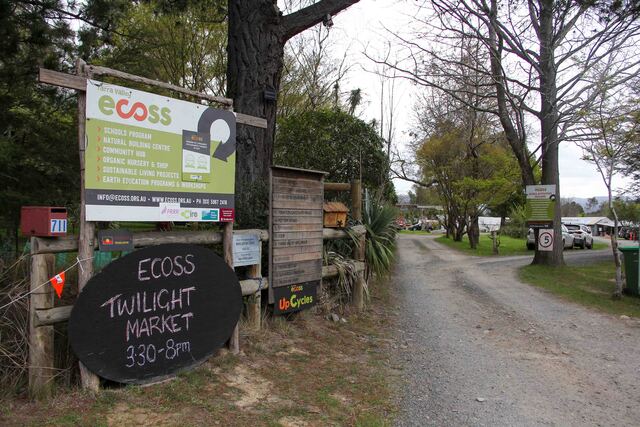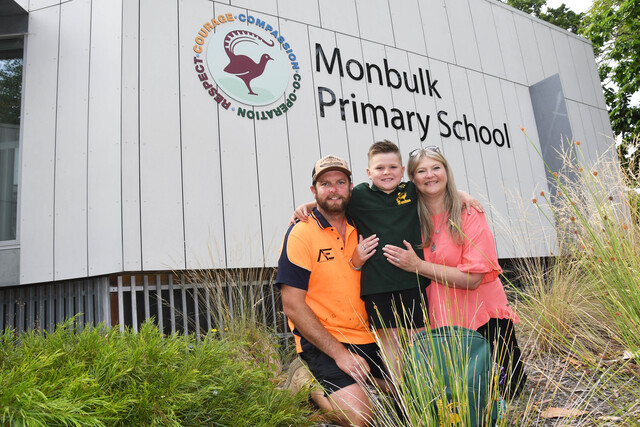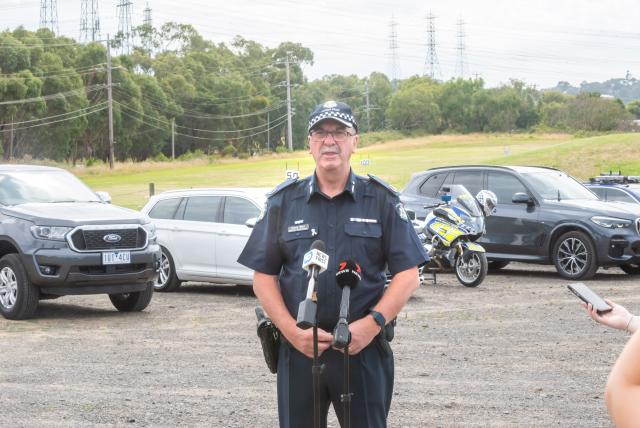Desperate times are facing many Australian families due to the cost-of-living pressures, and higher rates of mental health crises are being seen as a result.
A new survey from Suicide prevention Australia shows that 40 per cent of Australians report cost-of-living and personal debt are causing them elevated distress compared with this time last year.
HICCI executive officer Alison Gommers said it has just added another layer on top of everyone’s struggles with the uncertainty of Covid over the last two years.
“It’s just the increase in simply everything. Food, petrol, mortgage rates, everything’s gone up meanwhile the pension and other offsets haven’t. We’ve definitely seen more people coming in,” she said.
“Even we’ve had to also reduce our budget because our costs are going up as well while trying to make sure we can cater for all the people who come in.”
Suicide Prevention Australia’s annual State of the Nation report showed that the 40 per cent affected by cost-of-living pressures were the highest cause of the 70 per cent of Australians who have experienced elevated distress. The figure is slightly higher for women (44 per cent) than men (36 per cent).
Ms Gommers said it can be tough for people to ask for help in times of need.
“Especially when they haven’t asked for help before, it is hard, but we encourage people to give us a call and we can talk to them over the phone. It’s not only just HICCI funds that we provide, we refer to other services as well, whether it’s financial counselling or other grants we can put in to help people,” she said.
“The pressure just builds up for people. We’re happy to talk to people and offer some options for them that they may not be aware of to help them. Particularly with depression, things can spiral so quickly, and uncertainty is difficult for everyone.”
88 per cent of suicide prevention services recorded an increase in demand over the same 12 months – up from 78 per cent in 2020, with World Suicide Prevention Day on Saturday 10 September.
Suicide Prevention Australia CEO Nieves Murray said it’s positive to see that more Australians are seeking help, but warned further economic turbulence could prove challenging for already stretched frontline services without additional funding and commitment to a National Suicide Prevention Act.
“Feeding the family and keeping a roof over our heads are two of the most basic human behaviours. While inflation and interest rates keep rising, we must be prepared and proactive to prevent mental distress and suicide rates from doing the same,” she said.
“For example, the issue of cost-of-living and personal debt is ranked the biggest risk to rising suicide rates over the next 12 months both by the public (68 per cent) and by the suicide prevention sector (74 per cent). This is higher than in previous years and is the first time an economic issue has overtaken social issues like drugs, loneliness and family breakdown. “
Suicide is complex and it is important to remember multiple factors can combine to cause it, such as mental ill-health, relationship breakdown, housing and job security, financial hardship, social isolation, retirement or alcohol and other drugs.
Ms Murray said we can’t afford to ‘wait and see’ if rates increase before legislating an accountable National Suicide Prevention Act, particularly when both the public (79 per cent) and the sector (75 per cent) back it.
“Women account for the vast majority of suicide attempts overall while it’s well-documented most suicide deaths are men,” she said.
“A National Suicide Prevention Act will ensure we get towards zero suicides faster by ensuring every government minister is aware – and prepared – for the human impact of their policy decisions.”
To get help 24/7, phone Lifeline on 13 11 14 or the Suicide Call Back Service on 1300 659 467. If you or someone you know are in immediate danger, phone 000 for emergency services.

